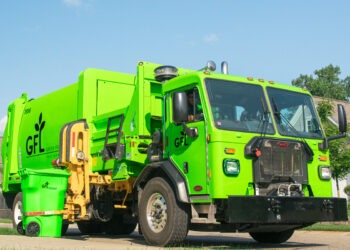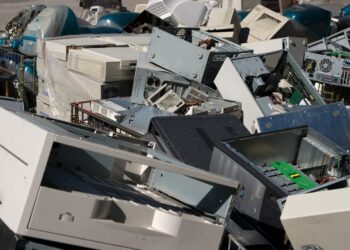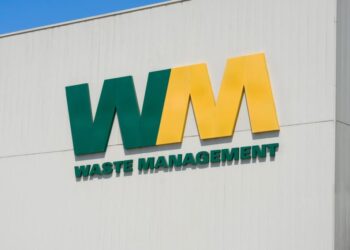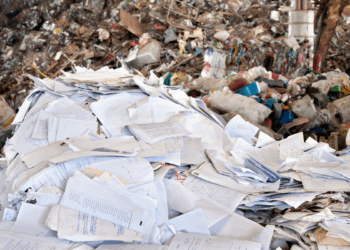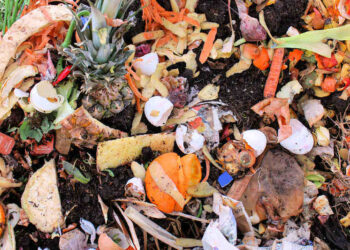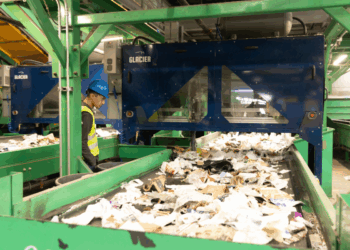Resource Recycling News
States push recycling reform forward in new year
New Jersey just passed a bill restricting single-use plastic items, California has opened another round of public comment on SB...
Cirba Solutions: Battery fires stoking EPR bill movement
As batteries appear in everything from light-up shoes to electric vehicles, new EPR laws are reshaping recycling requirements.
CalRecycle opens SB 54 draft for comments
Editor’s Note: California EPR will be featured in sessions at the co-located 2026 Resource Recycling Conference and Plastics Recycling Conference,...
ICYMI: Top 5 recycling stories from January 2026
News on the relocation of a major hauler's headquarters, the sudden withdrawal of California's proposed recycling regulations, EPA SWIFR grants,...
US-EU trade rift adds risk now for ITAD and e-scrap trade
Trade tensions between the US and EU are reshaping ITAD and e-scrap markets, lifting demand for refurbished hardware while increasing...
WM sees ‘notable growth’ despite low recycling commodity prices
WM has battled headwinds from low recycling commodity prices with strategic automation and facility upgrades, the company told investors in...
Emerging state EPR shows trend toward harmonization
During an APR webinar, recycling policy experts explored the growing list of EPR bills for packaging, and the implications for...
International Paper creates two new, separate entities
International Paper is splitting its DS Smith and EMEA portfolio between two separate entities following multiple mill closures and strategic...
Wisconsin food waste amounts to 1,033 pounds per resident each year
Wisconsin's nearly 6 million residents discard 1,033 pounds of food per person annually, creating the state's largest waste stream and...
Recyclers are facing unprecedented changes
Using input from MRFs across the US, Closed Loop Partners developed a guide to help provide best practices to improve...

















